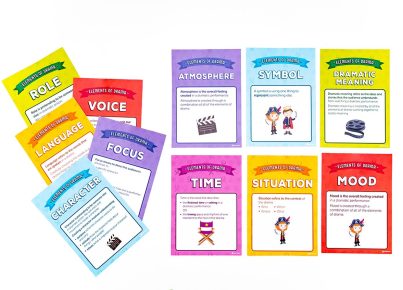Over the past few decades, there has been a growing concern among educators and parents alike about the importance of addressing behavioral issues in schools. The rise in aggressive and disruptive behaviors has led to the implementation of various interventions designed to improve student behavior. One such intervention that has gained significant attention is the use of learning mentors, a strategy proven to have a positive impact on both academic performance and behavior management. This article explores how learning mentors effectively contribute to improving students’ behaviors, ultimately reaching their full potential.
A learning mentor is typically an experienced educator who works closely with students that exhibit behavioral or social challenges. They offer guidance, support, and encouragement through one-on-one sessions, small group activities, or whole-class workshops. Learning mentors help students develop key skills such as self-awareness, self-regulation, communication, problem-solving, and resilience – all contributing factors towards improved behavior.
Learning mentors possess certain qualities that allow them to be highly effective in shaping student behavior. Firstly, they are empathetic and insightful listeners who can relate to their students’ challenges and understand the underlying issues leading to their negative behaviors. Secondly, they are patient and persistent in their approach; helping students navigate the complexities of social dynamics within the school environment takes time. Lastly, they are able to communicate effectively with both students and staff members, ensuring a collaborative approach that benefits everyone involved.
One critical aspect of a learning mentor’s role is fostering a strong relationship with their students built on trust and respect. This connection helps build a sense of belonging in students and boosts self-esteem – factors which positively influence behavior. When students feel supported and believed in by their learning mentor, they are more likely to engage in activities that lead to personal growth.
An added benefit of learning mentors is they can help reduce the burden on classroom teachers who must balance academic goals with managing disruptive behaviors. By assisting in addressing behavioral issues, teachers can focus on creating engaging and stimulating learning experiences, further enhancing students’ academic performance.
Among the several interventions and practices designed to improve students’ behavior in schools, learning mentors stand out as an effective approach. As educators continue to search for ways to create nurturing and supportive learning environments, the adoption of learning mentors is bound to become more widespread. Through personalized support, strong relationships, and a collaborative approach, learning mentors substantially help our students unlock their full potential and overcome behavioral challenges.





